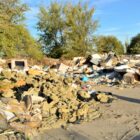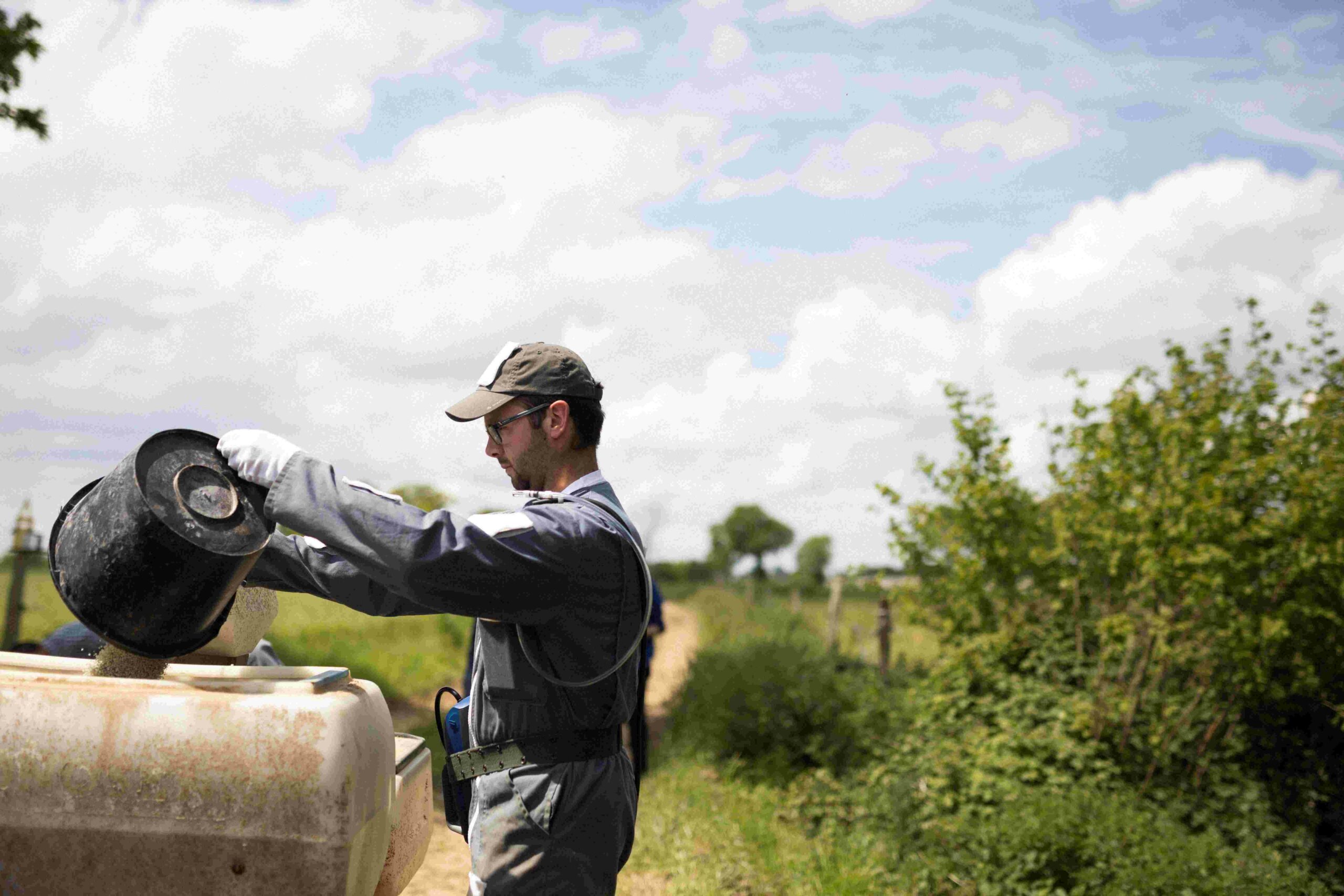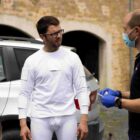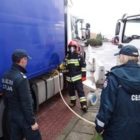Investigations
Where European ships are recycled: Asian workers pay the ultimate price
|
Asian workers remove asbestos from ships Photo: Adam Cohn. Nine out of ten European ships end their lives on Southeast Asian tidal beaches recycled into scrap metals. Unprotected workers get poisoned and killed despite regulations supposed to protect life and environment. Three international conventions and one EU-law about recycling of ships aim to protect workers and nature. They don’t.




